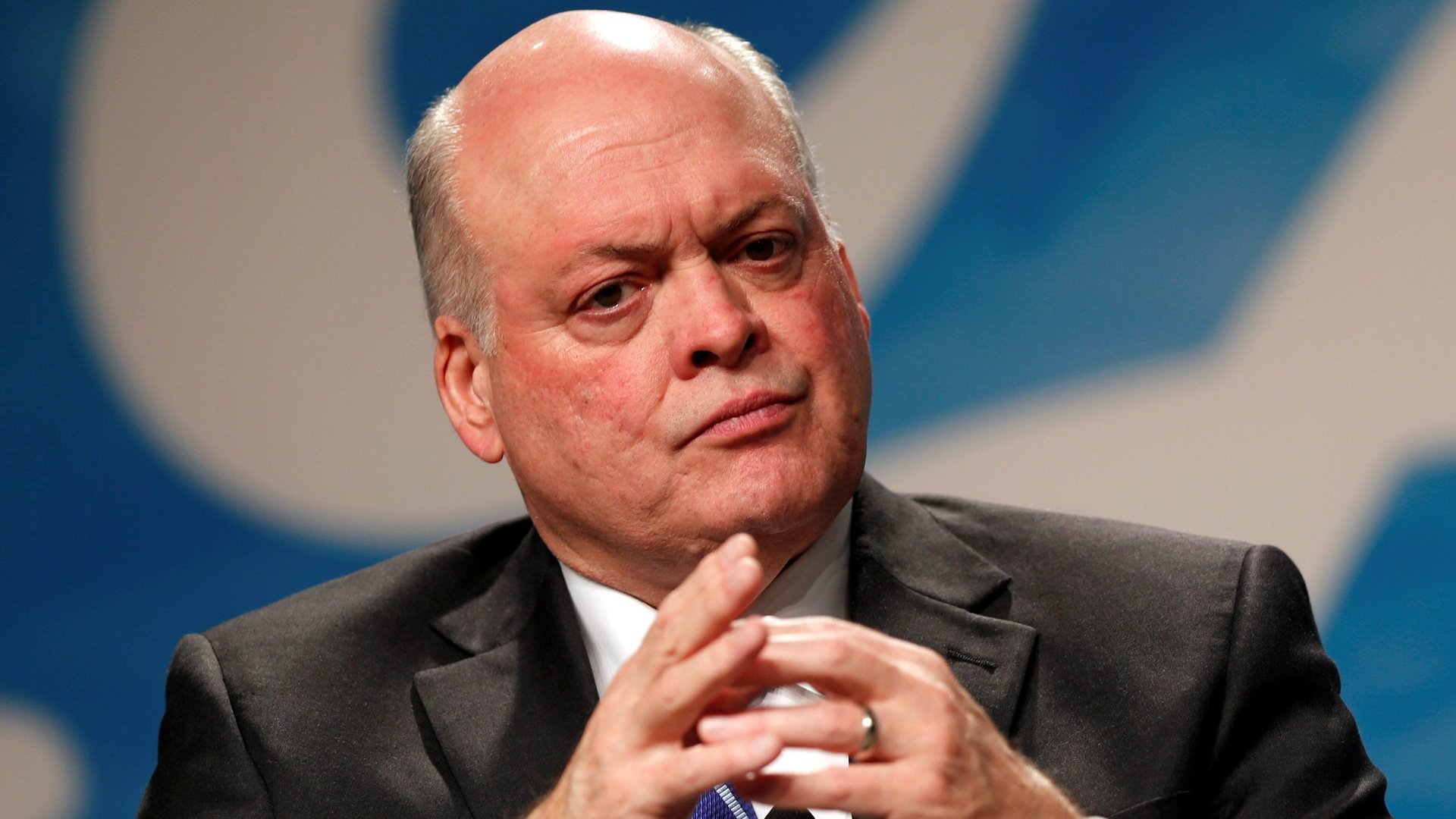How the average age of CEOs and CFOs has changed since 2012
Kraft Heinz, the food industry giant controlled by 3G Capital, made a splash last week when it named 29-year-old David Knopf its next chief financial officer. The move wasn’t out of step with other executive appointments by 3G Capital; the Brazilian private equity firm has an established pattern of appointing young people to senior roles.


Kraft Heinz, the food industry giant controlled by 3G Capital, made a splash last week when it named 29-year-old David Knopf its next chief financial officer. The move wasn’t out of step with other executive appointments by 3G Capital; the Brazilian private equity firm has an established pattern of appointing young people to senior roles.
But 3G is actually bucking the broader trend.
According to research from Crist Kolder, a Chicago-based executive search firm, the average age of new CEOs and CFOs at the US’s biggest companies has increased since 2012, climbing from 45 years old to 50 years old for CEOs and from 42 to 48 for CFOs. The study looked at 673 companies in the Fortune 500 and S&P 500.
The increasing age of new executives is, in part, a reflection of their new responsibilities, introduced in part by the financial reforms in the Dodd-Frank Act of 2010. Among other new regulations, CEOs and CFOs are now personally liable for any wrongdoing by their subordinates, putting a greater premium on experience and judgment.
But the increasing ages of new C-suite executives may also mark a return to normal. In the aftermath of the financial crisis, between 2009 and 2014, there was significant turnover among older CEOs—25% of those 64 or older retired or were forced out, compared to 8% of younger CEOs, according to the Conference Board. Companies looking for change may have been more inclined to consider younger candidates less associated with the old regime.
As the economy has recovered, though, companies returned to more orderly successions, which means promoting long-tenured—and older—executives.